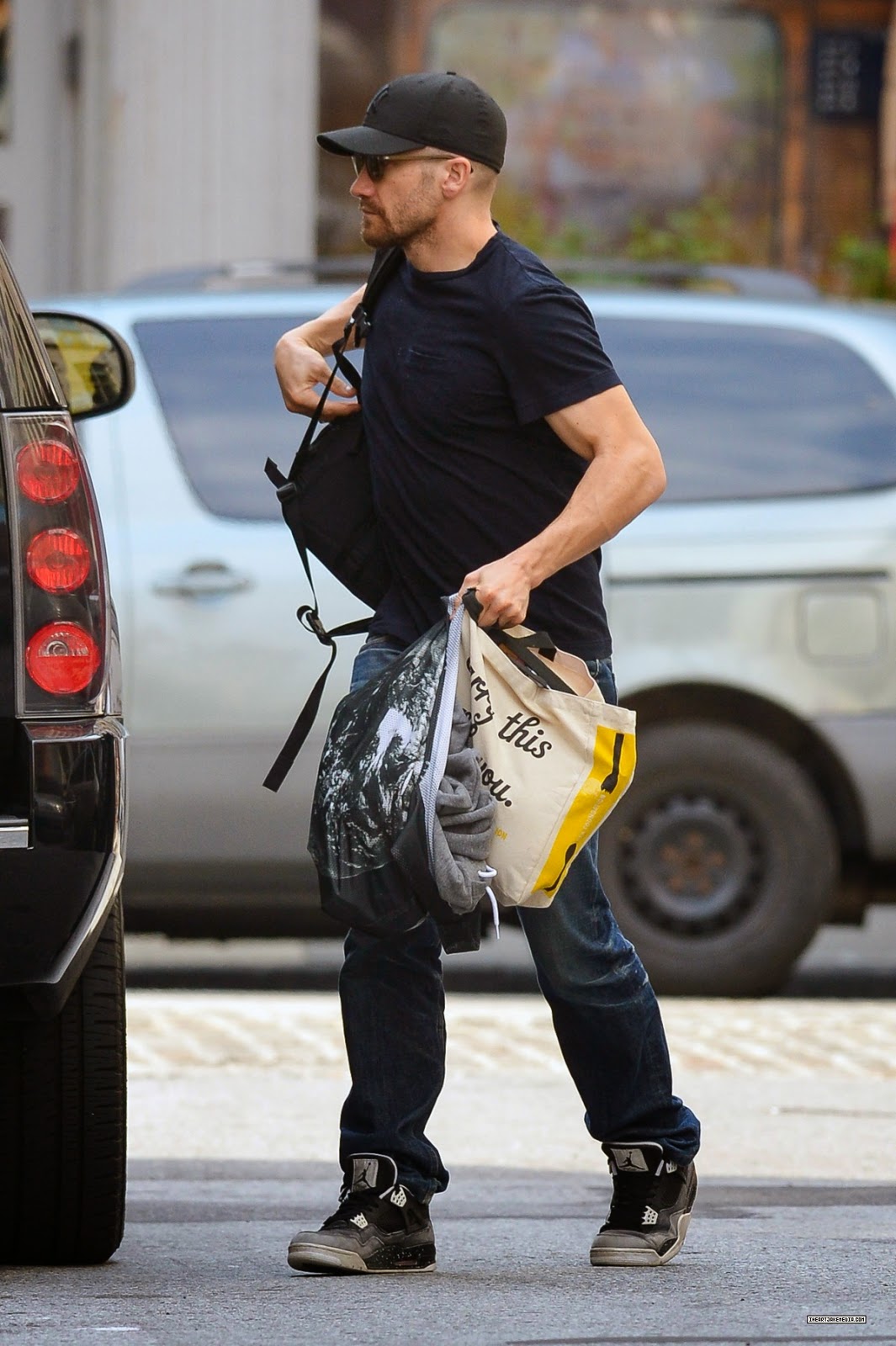Today's Out Spotlight was an Australian-American screenwriter, actor, director, and producer. He was best known for writing the screenplay for the 1971 film Harold and Maude directed by Hal Ashby and for directing the films Foul Play and 9 to 5. Today's Out Spotlight is Colin Higgins.
One of six sons, Colin Higgins was born on July 28, 1941 in Nouméa, New Caledonia, a French territorial island in the South Pacific, to an American father and an Australian mother. His brother is Australian actor, John Higgins.
He spent most of his early childhood in Hunters Hill, a suburb of Sydney, Australia and attended Saint Ignatius' College, a Catholic school for boys located in Riverview, a nearby suburb located on the Lower North Shore of Sydney.
In 1957, Higgins and his family moved to Redwood City, California, where he attended the local public high school. In 1959, he was awarded a scholarship to attend nearby Stanford University.

He excelled at Stanford his freshman year, and became a well-known figure on campus for his standout performance in a student-written musical comedy. Although he was initially interested in English literature as his major, and thought he might become a writer, his surprising onstage triumph instead drew him toward acting as a possible profession.
As a result, Higgins dropped out of Stanford his sophomore year, and hitchhiked to New York City to take acting classes at the acclaimed Actors Studio. He also found employment as a page at the ABC Television Studios in Manhattan's theater district.

He lost hope at becoming an actor and enlisted in the US Army, where he was sent to Germany and worked for Stars and Stripes newspaper.

Higgins was discharged in 1965, spent six months in Europe, mostly in Paris, then returned to Stanford University to study a Bachelor of Arts in Creative Writing. While at college he supported himself as an actor, playing in small theatre productions, including acting in a sex farce called Once Over Nightly for a year an a half. He then did a M.F.A. in screenwriting at UCLA, where his classmates included Paul Schrader. While there he made two short films, Opus One (1968), a satire on student films and Retreat, an anti-war statement. His M.F.A. thesis would serve as the basis for Harold and Maude (1971).

After graduating he went to work for a rich man and his wife in Los Angeles as a part-time chauffeur and pool cleaner in exchange for free accommodation. The man was a film producer, Ed Lewis; Higgins showed a draft of Harold and Maude to him, and he showed it to Robert Evans at Paramount. Higgins wanted to direct the script himself and was allowed to shoot a director's test for $7,000 but Paramount were not sufficiently impressed, and Hal Ashby was hired. Higgins collaborated well with Ashby and both were pleased with the final film, but it was not a large box-office success on original release.

In 1972, Higgins got an offer to write a Movie of the Week for TV, The Devil's Daughter, which he later described as "just a job". He then received an offer from Jean-Louis Barrault in Paris to turn Harold and Maude into a play for French actor Madeleine Renaud. He did so, working on the French translation with Jean-Claude Carriere, and the play ran for seven years. The film of Harold and Maude continued to run in cinemas around the world, with some people having seen it over a hundred times; by 1983 it was in profit.
While in Paris, Higgins met theater director Peter Brook and worked with him as playwright-in-residence for his company. They did a play about mountain people in Uganda called The Ik which ran in Paris, London and New York.


He then wrote the script for the comedy thriller Silver Streak, starring Richard Pryor and Gene Wilder, which became a big hit under the direction of Arthur Hiller. The success of the movie enabled him to direct the movie Foul Play with Chevy Chase and Goldie Hawn. It was enormously popular and launched his directing career.

He then went on to write and direct the movie 9 to 5, with Jane Fonda, Lily Tomlin, and Dolly Parton and then teamed with Parton again writing and directing The Best Little Whorehouse in Texas.

In 1986, he established the Colin Higgins Foundation, which is dedicated to supporting glbtq youth in underserved communities with programs and organizations "that foster and build leadership and empowerment."
Higgins, who was openly gay, died of AIDS at his home on August 5, 1988 and was buried in Valhalla Memorial Park Cemetery.




























































